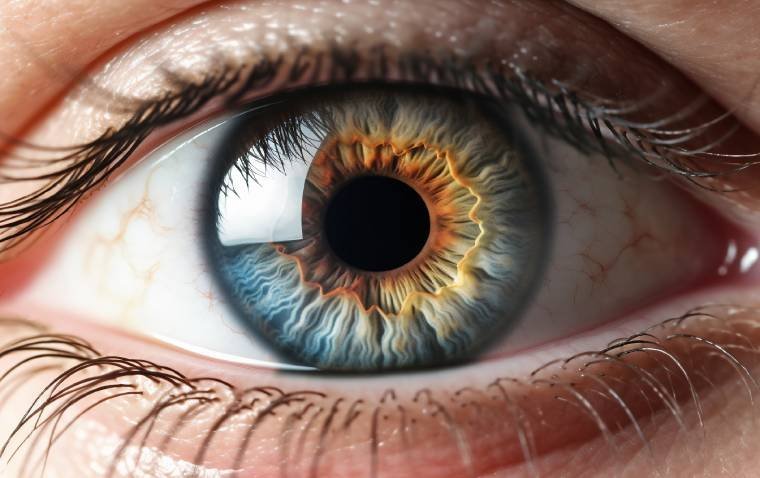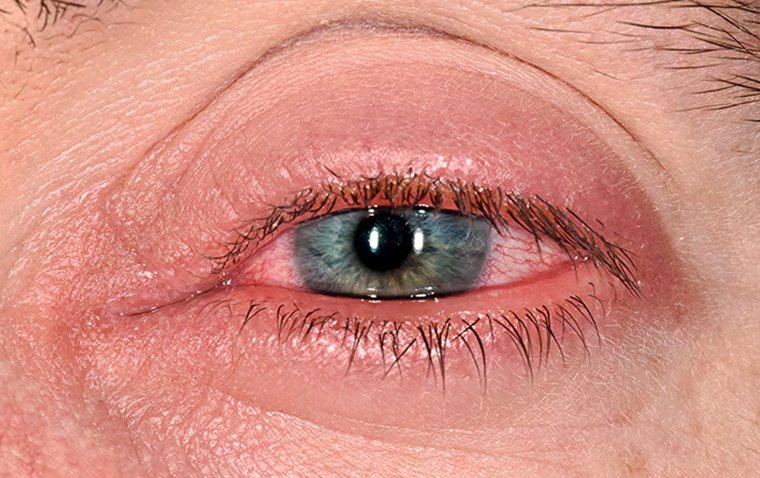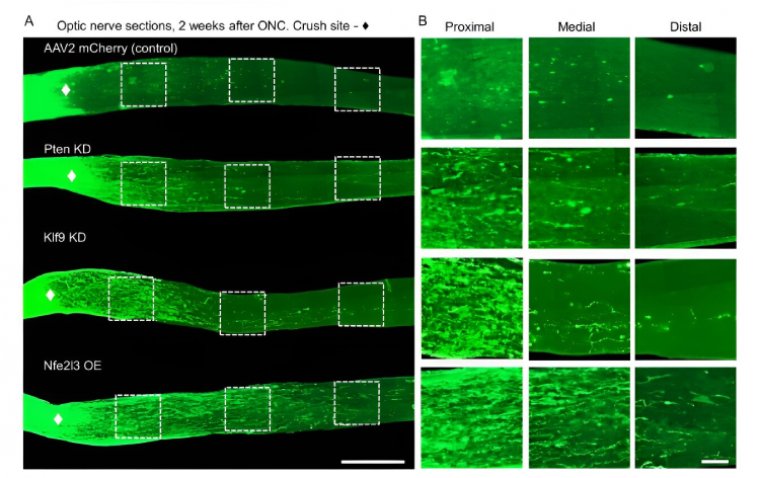
Researchers Discover COVID-19 Virus Can Breach Retinal Barrier
The University of Missouri School of Medicine has revealed that the virus responsible for COVID-19 can penetrate the blood-retinal barrier, potentially causing long-term eye complications.
The blood-retinal barrier is a crucial defense mechanism, protecting our vision from infections by preventing pathogens from reaching the retina. However, researchers led by Dr. Pawan Kumar Singh, an assistant professor of ophthalmology, found that SARS-CoV-2, the virus that causes COVID-19, can breach this barrier.
This finding could have significant implications for understanding the long-term effects of COVID-19 on eye health.
Methodology and Key Findings
Using a humanized ACE2 mice model, Singh's team discovered that SARS-CoV-2 can infect the interior of the eyes even without entering through the eye's surface. When the virus is inhaled, it not only infects organs like the lungs but also travels to the eyes via the blood-retinal barrier, infecting the cells lining this barrier.
"This finding is important as we increase our understanding of the long-term effects of SARS-CoV-2 infection," said Singh. Previously, researchers focused mainly on the virus's exposure to the ocular surface. Singh's research, however, reveals that SARS-CoV-2 reaches the eye during systemic infection, induces a hyperinflammatory response in the retina, and causes cell death in the blood-retinal barrier. The longer the virus remains in the eye, the greater the risk of retinal damage and visual impairment.

Intranasal exposure of SARS-CoV-2 exhibited ocular tropism to the eye, lungs, and brain, whereas ocular exposure failed to inseminate the virus to the lungs. Credit: PLOS Pathogens (2024). DOI: 10.1371/journal.ppat.1012156
Potential Eye Complications
Extended presence of the SARS-CoV-2 spike antigen in the eye can lead to several serious conditions, including retinal microaneurysm, retinal artery and vein occlusion, and vascular leakage.
Singh advises those diagnosed with COVID-19 to consult their ophthalmologists for signs of retinal pathology. Even asymptomatic individuals could suffer long-term eye damage due to COVID-19 complications.
Implications for Health and Future Research
This study is the first to suggest that SARS-CoV-2 can breach the blood-retinal barrier in healthy individuals, not just those who are immunocompromised. Patients with conditions like hypertension or diabetes might experience more severe outcomes if COVID-19-related ocular symptoms go undiagnosed.
"Now that we know the risk of COVID-19 to the retina, our goal is to better understand the cellular and molecular mechanisms of how this virus breaches the blood-retinal barrier and associated pathological consequences in hopes of informing the development of therapies to prevent and treat COVID-19 induced eye complications before a patient's vision is compromised," Singh said.
Publication and Research Team
The study, titled "SARS-CoV-2 infects cells lining the blood-retinal barrier and induces a hyperinflammatory immune response in the retina via systemic exposure," was recently published in PLOS Pathogens. The research team included Vaishnavi Balendiran, MD, vitreoretinal surgery fellow; Monu Monu and Faraz Ahmad, post-doctoral fellows in the Department of Ophthalmology; and Rachel M. Olson, Ph.D., Chief Scientific Officer, Laboratory for Infectious Disease Research at the College of Veterinary Medicine.
Reference
Monu Monu et al, SARS-CoV-2 infects cells lining the blood-retinal barrier and induces a hyperinflammatory immune response in the retina via systemic exposure, PLOS Pathogens (2024). DOI: 10.1371/journal.ppat.1012156
(1).jpg)










